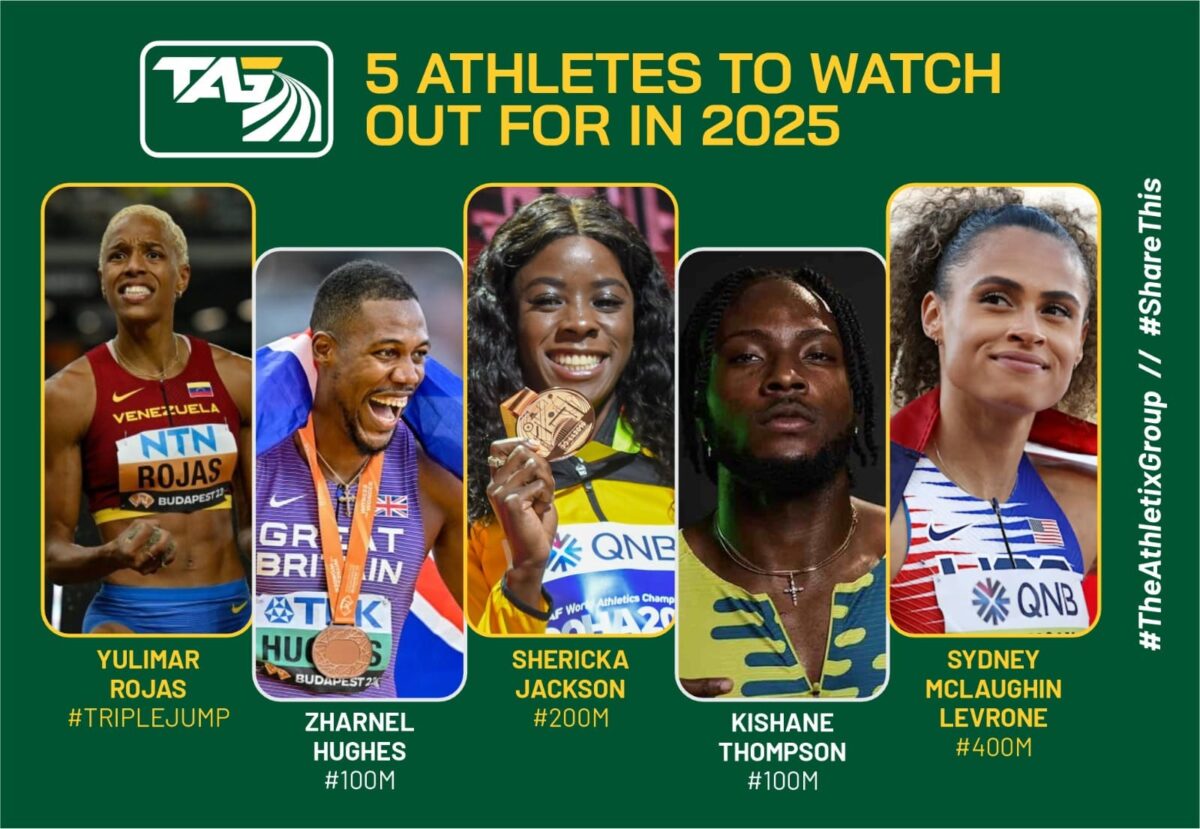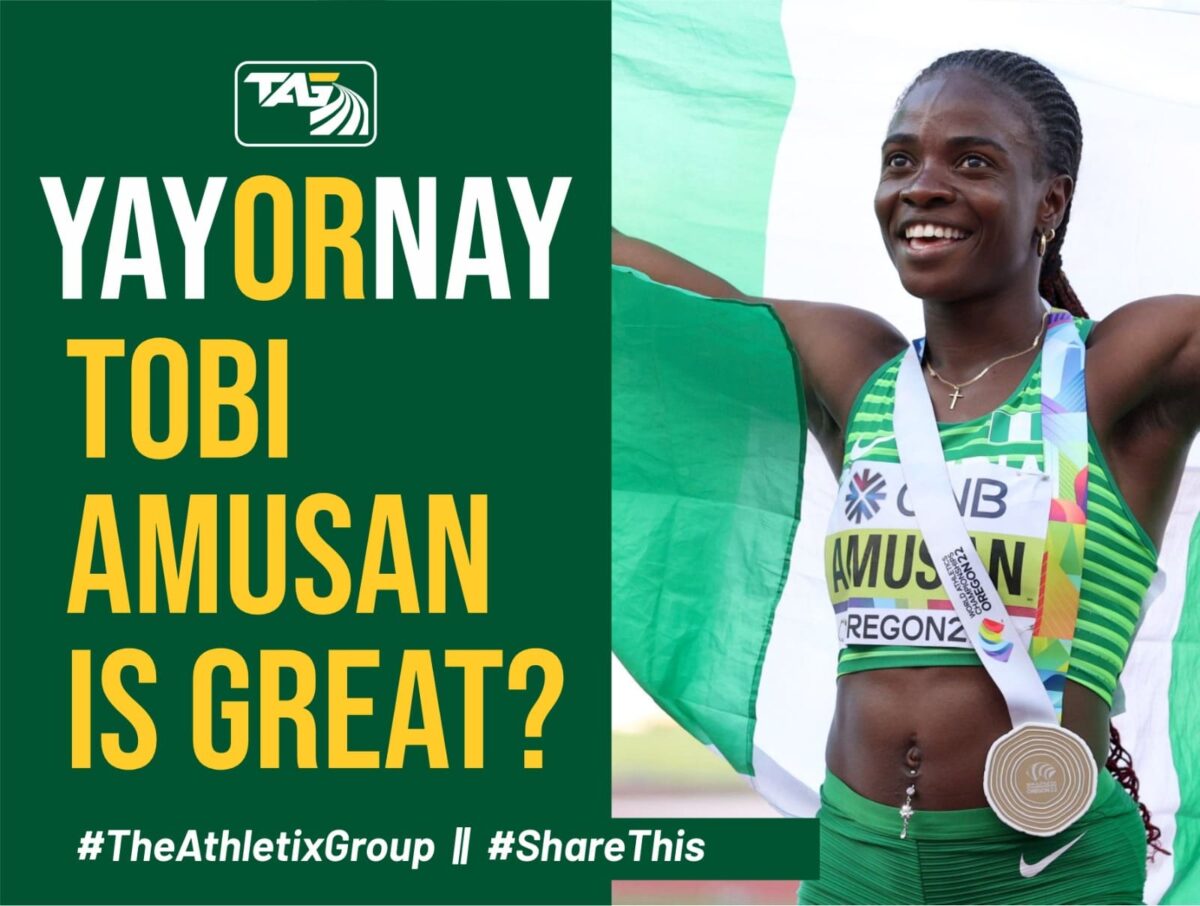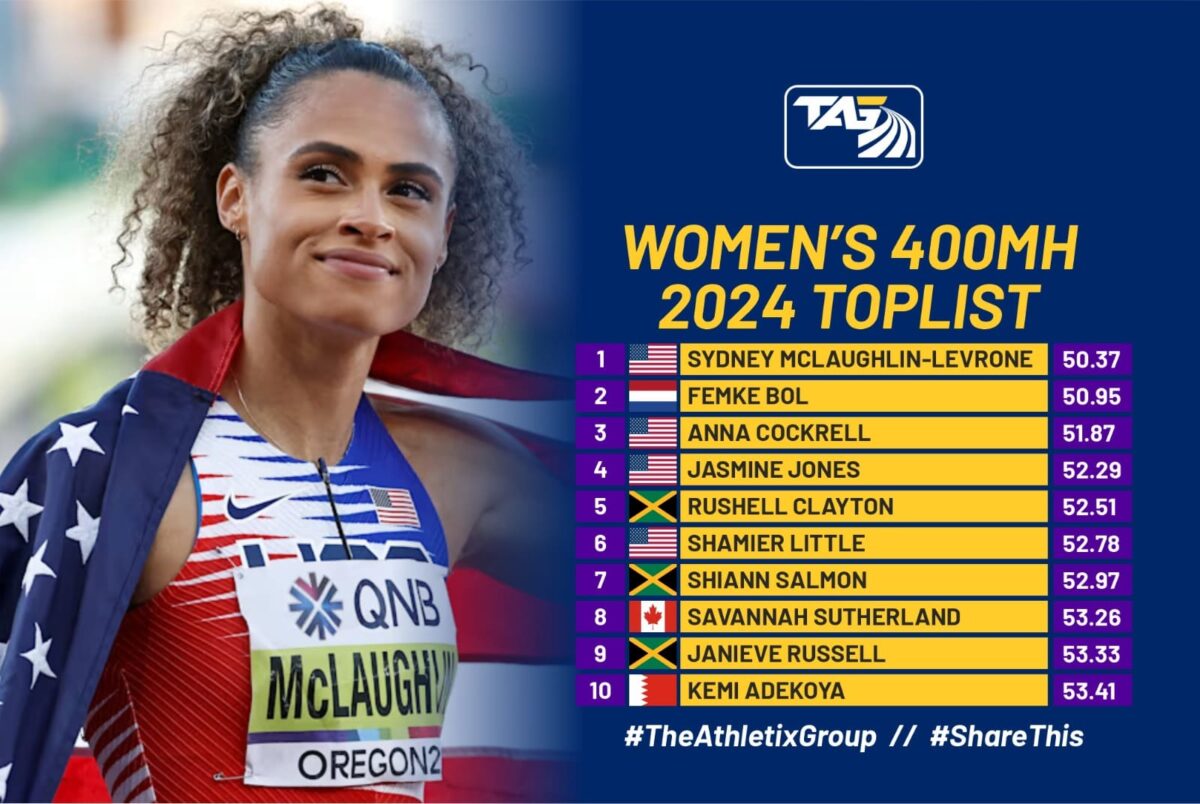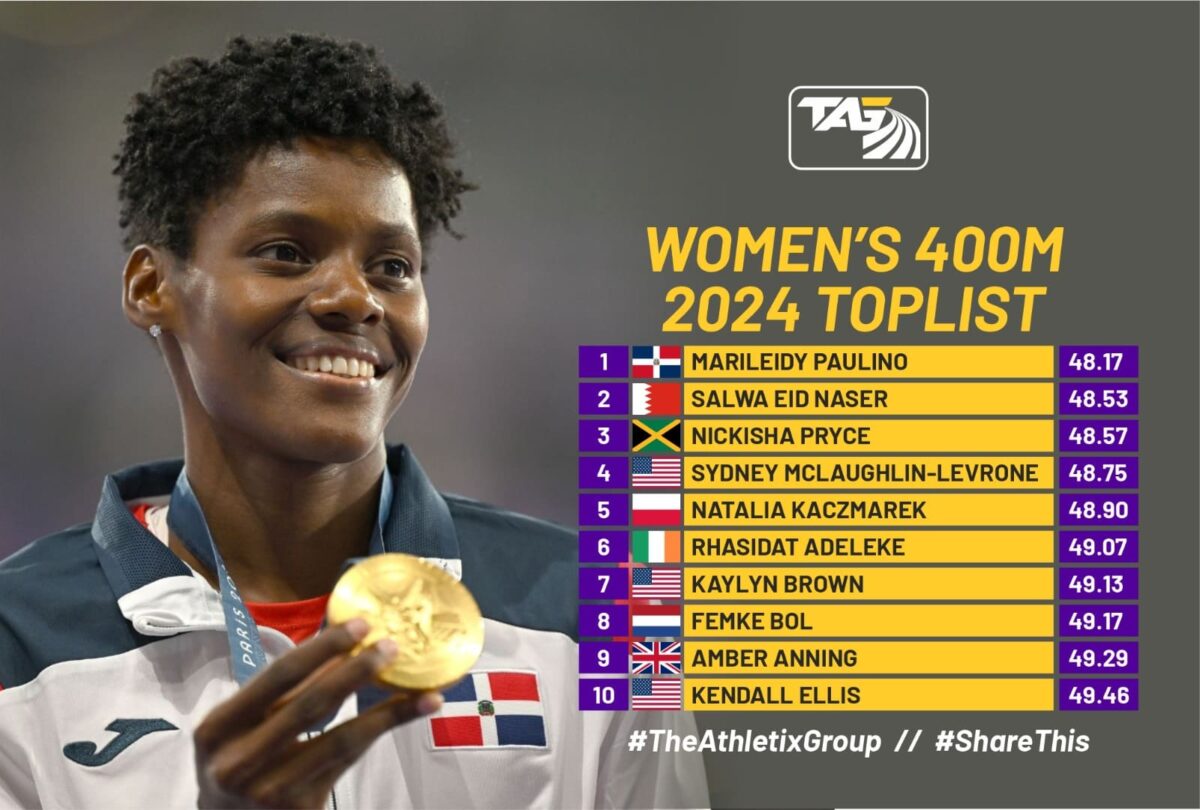
Conn College Hires Nordenson as Tennis Assistant – Connecticut College
July 23, 2025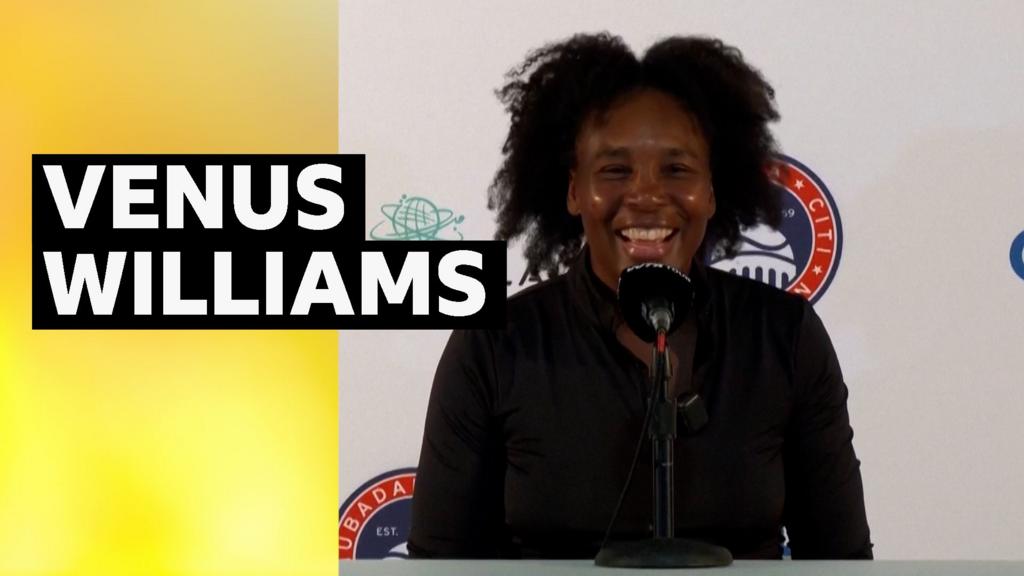
Venus Williams on becoming oldest WTA winner since Martina Navratilova
July 23, 2025
Three-time Olympian also won European indoor 400m bronze in 1966 before a long and successful spell coaching
Maeve Kyle, Ireland’s first female track and field Olympian at the 1956 Melbourne Games, has died at 96.
Born in Kilkenny, she played hockey for Ireland, earning 58 caps, before turning to athletics.
In a sign of the times, she had to wait until she was 28 before she could compete in the Olympics as prior to Melbourne in 1956 Ireland only selected male athletes.
Then she had to wait until Tokyo 1964 before her best event, the 400m, was an Olympic event for women.
At 37 she won her first major medal, a bronze in the 400m at the 1966 European Indoor Athletics Championships.
She continued to race into her 40s although by that time she had started coaching with her husband, Sean, at the Ballymena & Antrim club which they had set up in 1955.
“I have always reckoned that I was the Irish suffragette of athletics,” she told AW in 2016. “In 1956 I was the first Irishwoman in athletics ever to go the Olympics. I competed again in 1960 and 1964 and also had the privilege of going to the 2000 Olympics as a coach, so I went to four Olympics.
“In 1956 the only events for women were 100m, 200m, 80m hurdles, high and long jump, javelin, shot and discus – so nothing on the track over 200m.
“This was because men thought that women were not capable of running longer distances and that it wouldn’t be nice if they fell down and had to be resuscitated. I suspect that events like the hammer, triple jump and pole vault were thought to be not healthy for women, but I don’t think at that time there was any medical evidence to prove or disprove it.
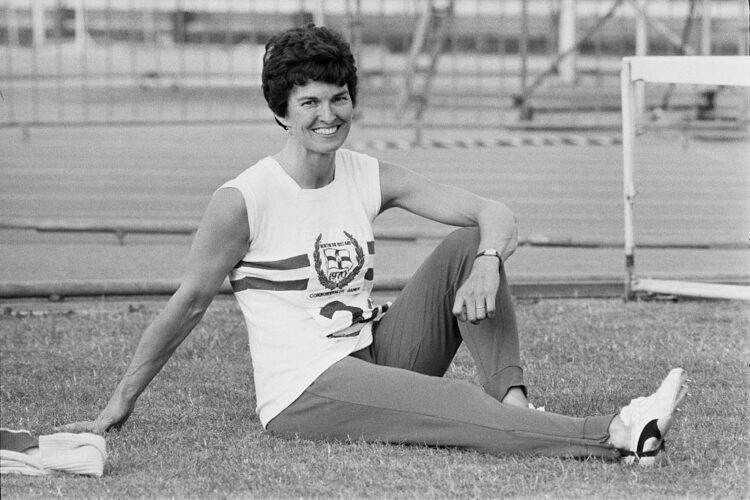
“You need to understand that at that time all sport was male-dominated and women played social sports rather than competitive sports.
“As far as my involvement was concerned, I don’t think men had any great hang-ups about it, but some older woman did and there was more opposition from, say, my mother’s age group than anyone else. They did not approve and I think I made them feel uncomfortable. I had the distinction of having a letter in the Irish Times saying what a disgraceful hussy I was going off to the Olympics, leaving my husband and small child behind. That shows you the attitude of certain sections of what was a very conservative society.”
On the beauty of athletics, she added that the sport had given her “millions of hours of enjoyment, fun and friendship … I remember in Rome in 1960 sitting down to eat with a young Cassius Clay (Muhammad Ali). He was a lovely guy. But you could feel he had greatness ahead of him. And it is moments like that in your career that always stay with you.”
She had the distinction of operating as manager for both Great Britain and Ireland teams and as a 71-year-old coached the Irish relay squads at the 2000 Sydney Olympics. Eight years later she was awarded an OBE.


